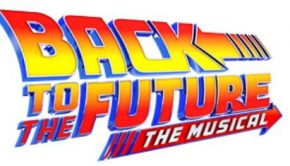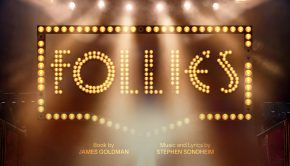MUSEUMS AMONG AUSTRALIA’S MOST TRUSTED ORGANISATIONS
A new survey by the Council of Australasian Museum Directors (CAMD) has revealed that public trust in museums is 78%. Museums received one of the highest ratings of the 17 organisations, which included universities and the media, in the survey.
The new research shows 87% of people who trust museums recognise them as expert voices and highly credible sources of information, while 86% agree museums should play an active role in providing public education in their areas of expertise.
The online survey was conducted in October of this year, to explore community attitudes and perceptions towards the role of museums in Australia. At a time when trust in most information providers is declining, museums have increased their status as trusted sources of information and expertise.
CAMD Chair, Brian Oldman, said, “At a time when public trust in institutions such as media and government are failing, people are turning to museums for trusted information and leadership in the conversations of our times. Museums have an active role to play in shaping our futures as well as understanding our past.”
There was a high level of agreement amongst respondents that museums ensure the perspectives of Aboriginal and/or Torres Strait Islander peoples are represented while also providing safe spaces for community discussions on difficult issues.
79% of respondents indicated that they trust science and experts, believing museums to be guardians of factual information, presenting all sides of a story. This research correlates with similar studies undertaken in the US and the UK, underscoring a glowing global trust in Museums.
Key findings:
- A new survey by the Council of Australasian Museum Directors (CAMD) has revealed that public trust in museums has risen to 78%.
- Museums received one of the highest ratings of the 17 included organisations, with around 8 in 10 people placing a great deal of trust in museums.
- At a time when trust in most sources of information is declining, museums have retained their status as reliable sources of information and expertise.
- 87% trusted museums because as experts they are highly credible sources of information
- 87% trusted museums because they are experienced public educators
- 60% trusted museums because they personally connect to the content and experience
- 58% trusted museums because they share their values
- 89% agreed museums can care for and hold collections and mount displays
- The most common responses for how trust could be improved include: through provision of more proof, facts and information to demonstrate artefacts are genuine, increased honestly about the sourcing and collection of artefacts and more transparency, openness or willingness to take part in open debates.
- Generation Z had the strongest focus on trust and transparency, desiring unbiased exhibitions with honest explanations around how artefacts were acquired
- The most commonly cited loss if museums were to close was a loss of history, historical records and an understanding of how we, as humans, came to be. This was followed by a loss of heritage, a link to the past and a sense of belonging. Knowledge, information, education and learning were also perceived losses if museums closed.










